Unilever's Risk Management: Assessments 2 & 3 Report and Analysis
VerifiedAdded on 2023/01/12
|10
|473
|56
Report
AI Summary
This report provides an analysis of Unilever's risk management strategies, focusing on Assessments 2 and 3. The report examines various aspects of risk management, including the application of PESTEL and SWOT analyses to understand the external and internal factors influencing the company. It emphasizes the importance of stakeholder analysis in gathering insights and identifies the supply chain as a key area of risk. The report highlights the necessity of effective risk management in the context of a global consumer goods company like Unilever, with the aim of developing strategies to mitigate potential financial losses and operational disruptions. The references cited support the concepts of portfolio management, tourism risk, and consumer behavior in online merchant selection, providing a comprehensive understanding of risk and its implications for business operations.
1 out of 10
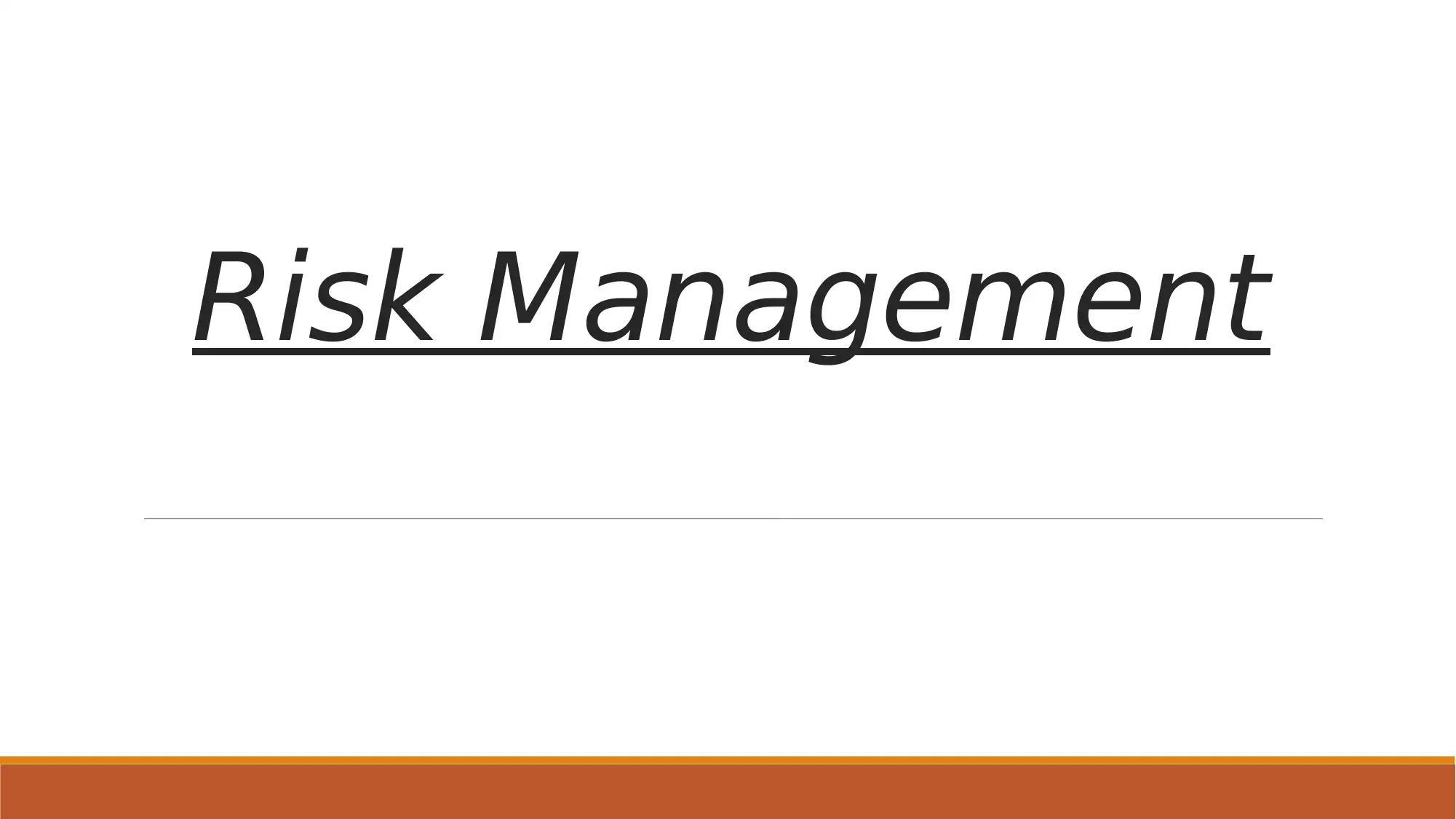
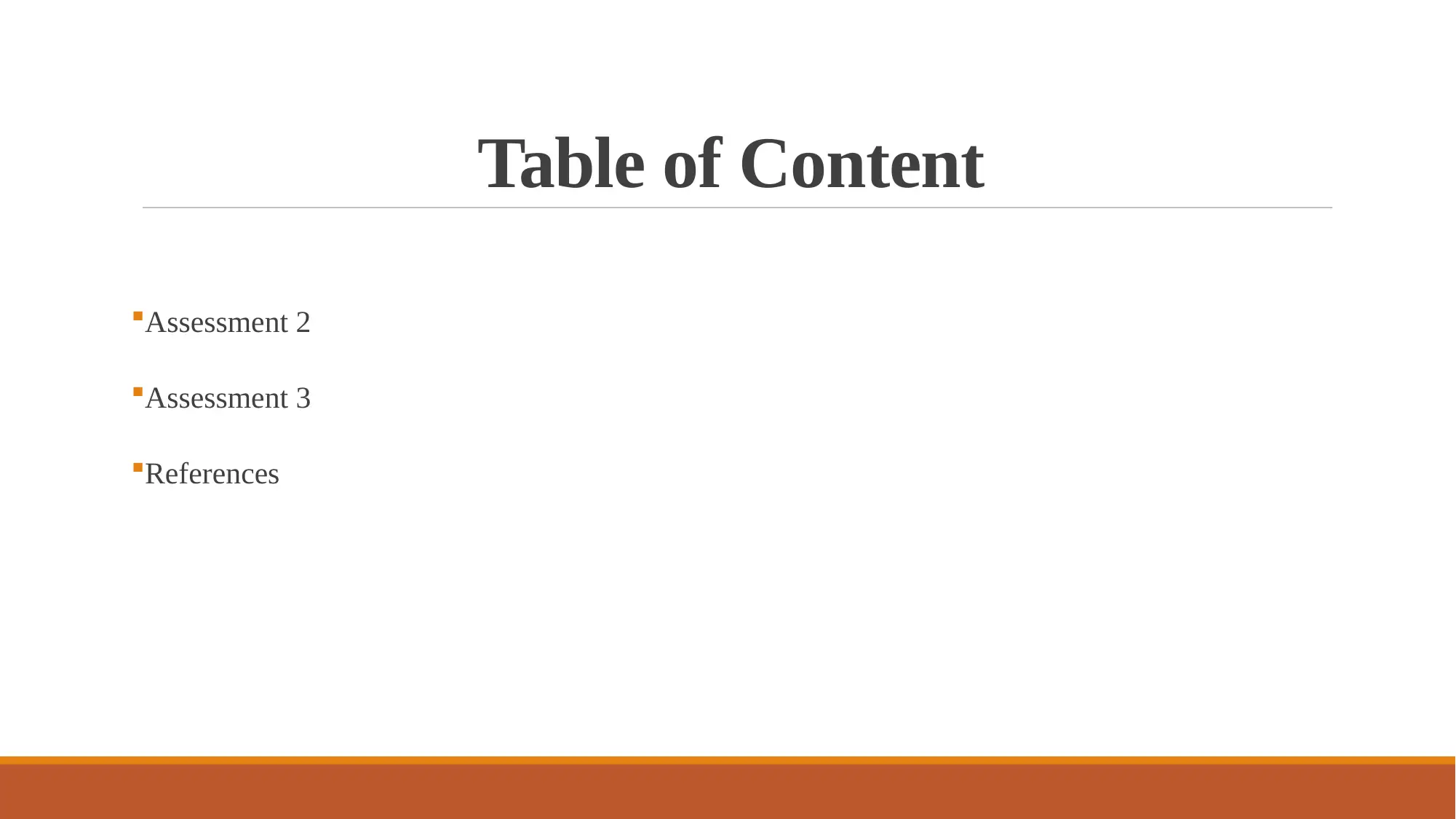
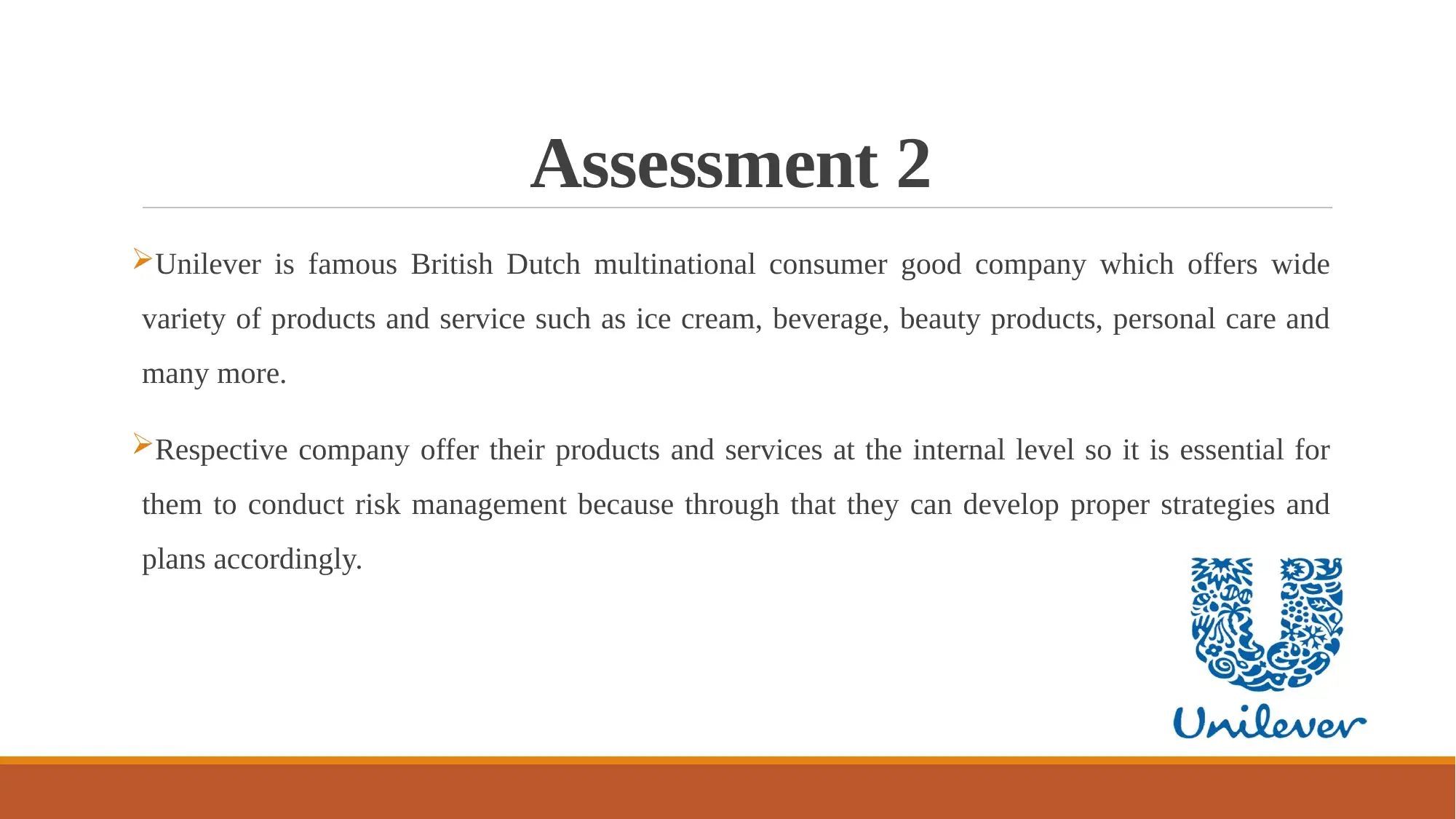

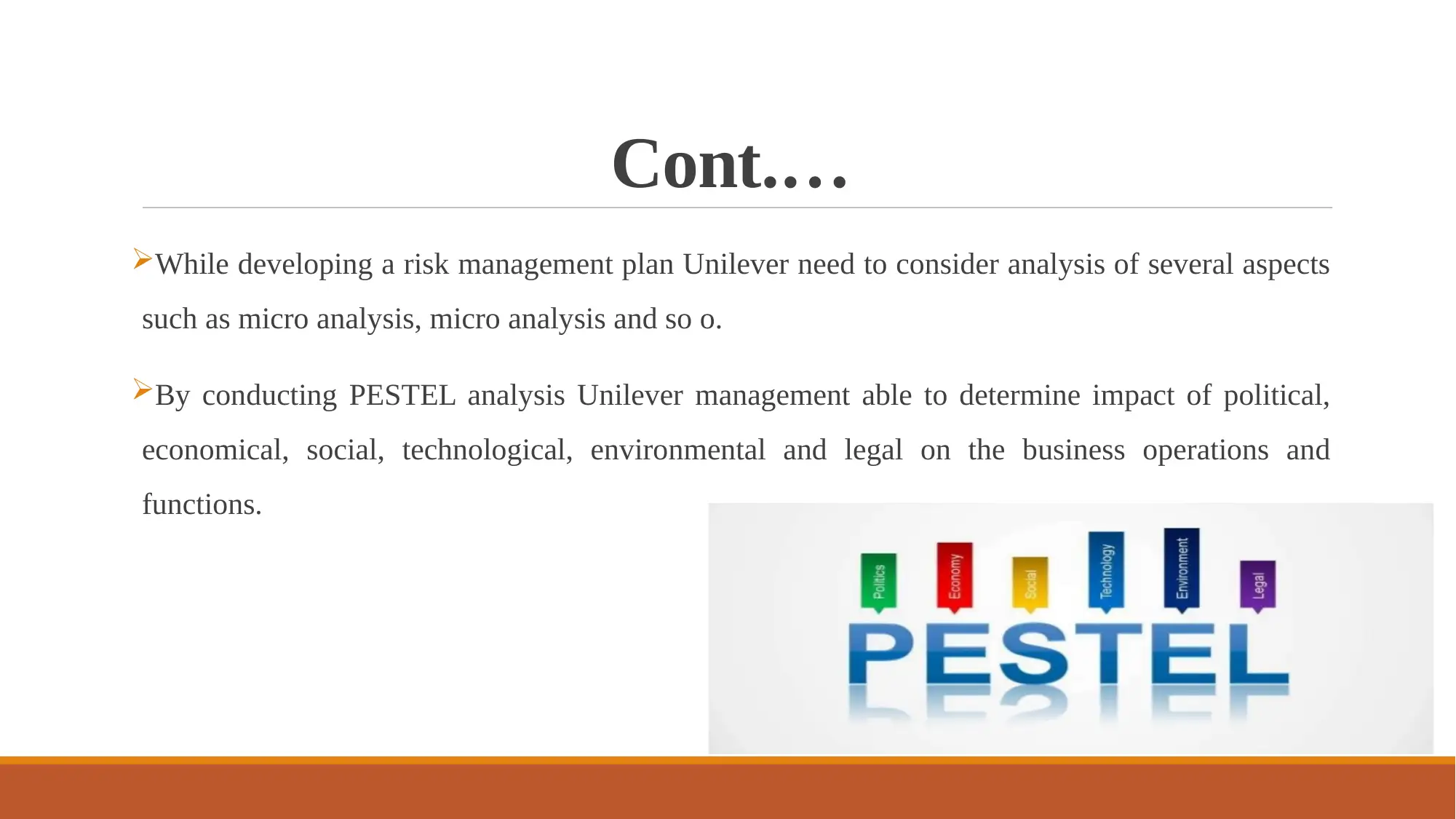
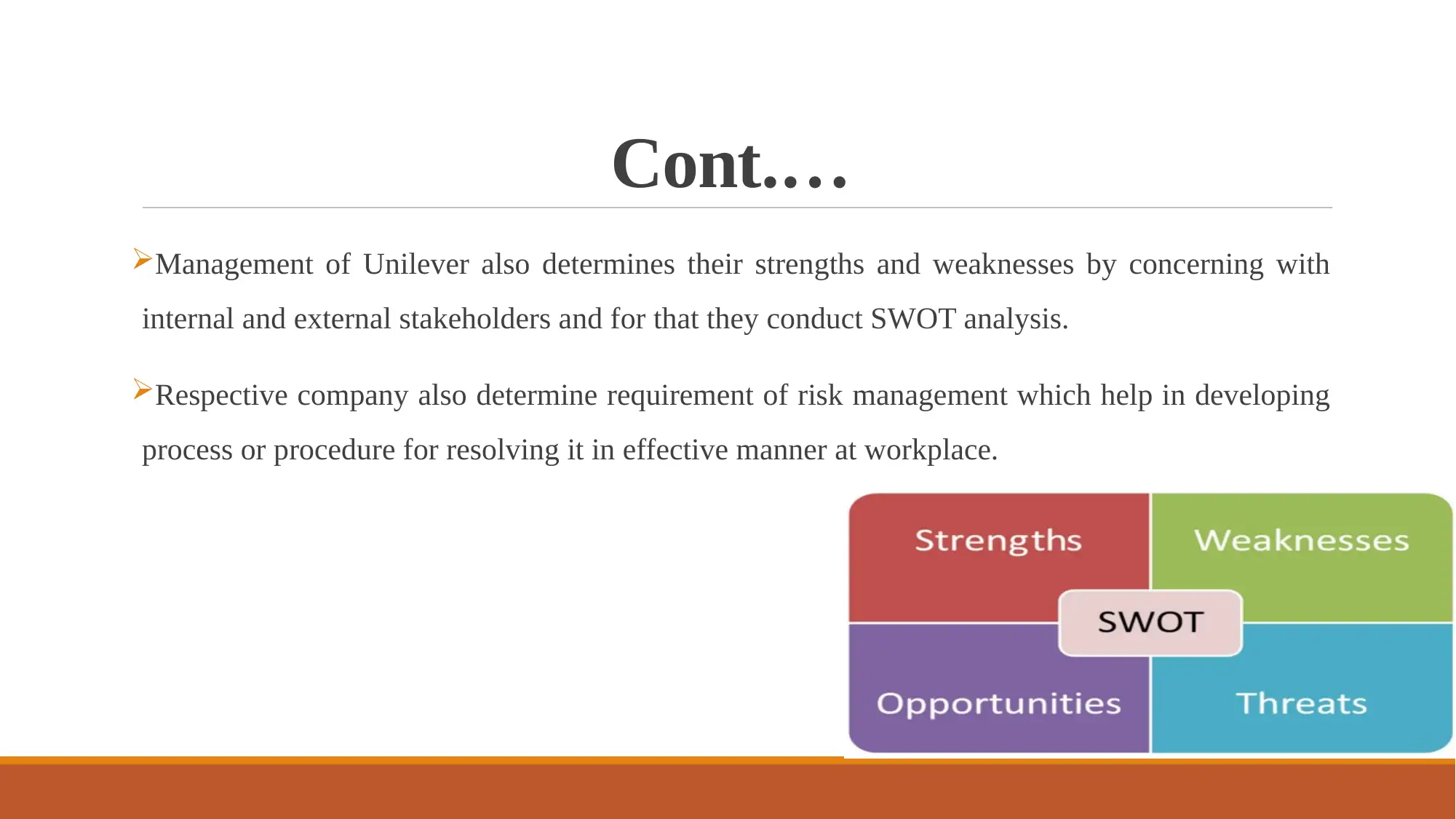
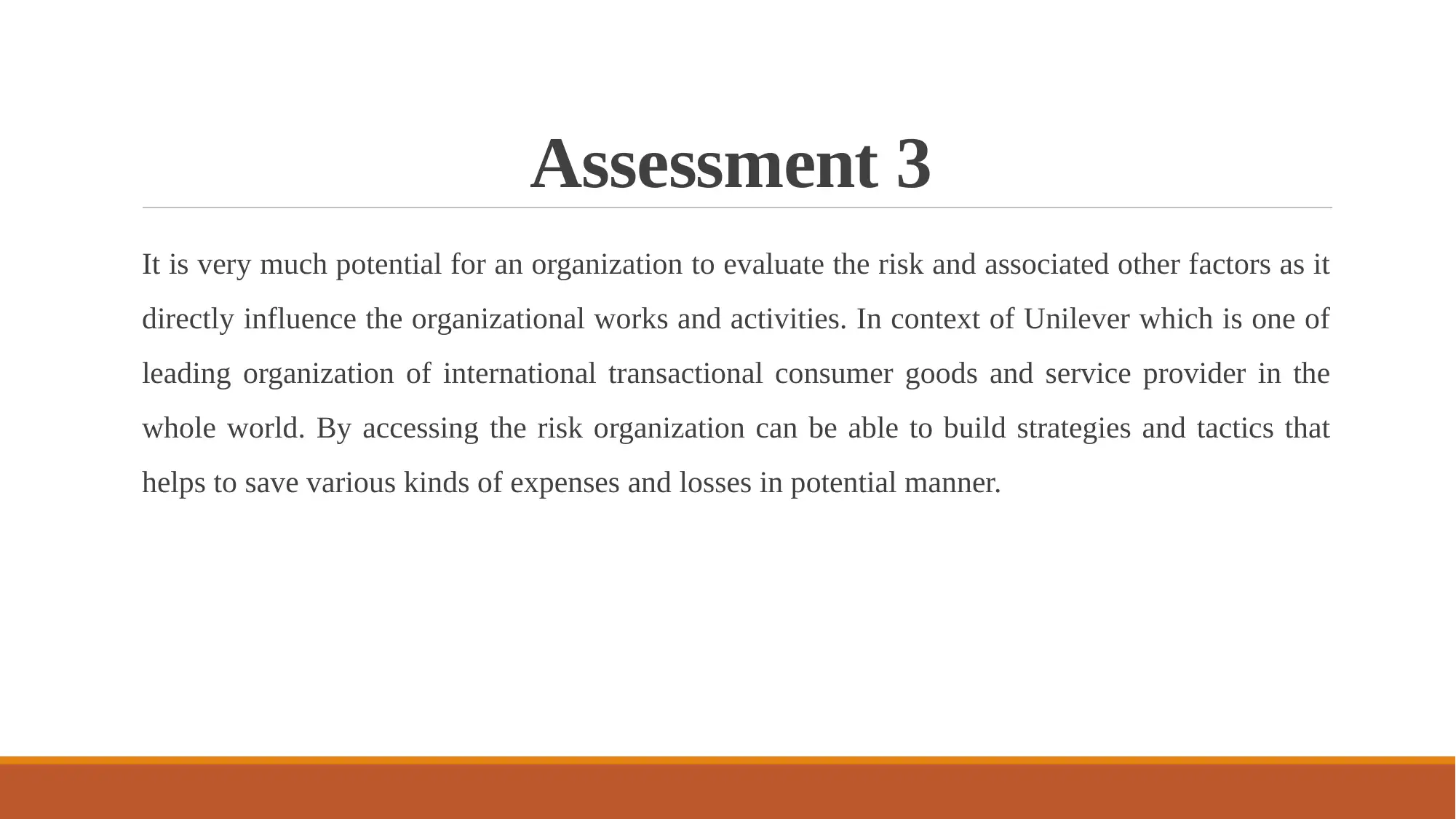
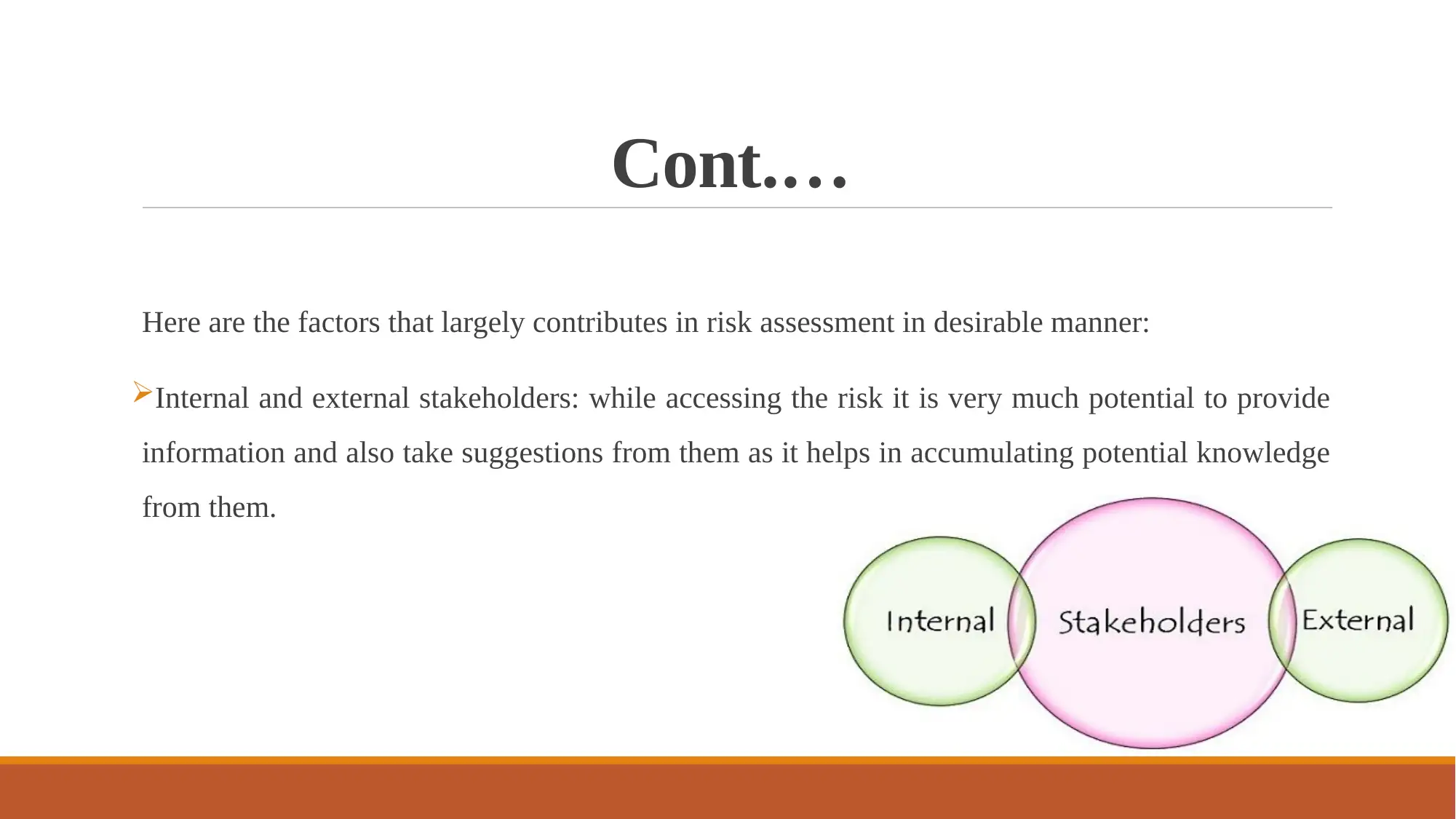
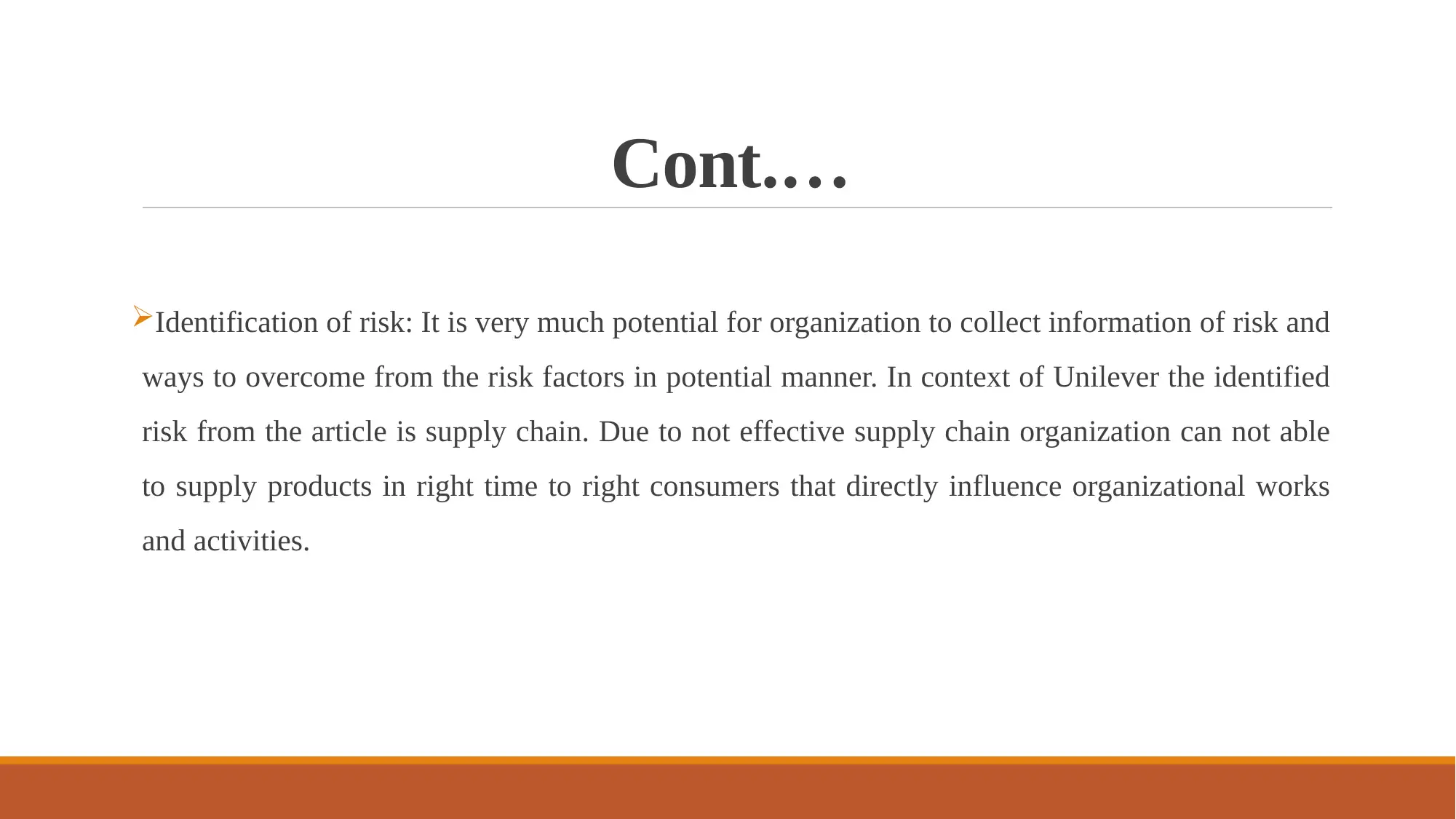
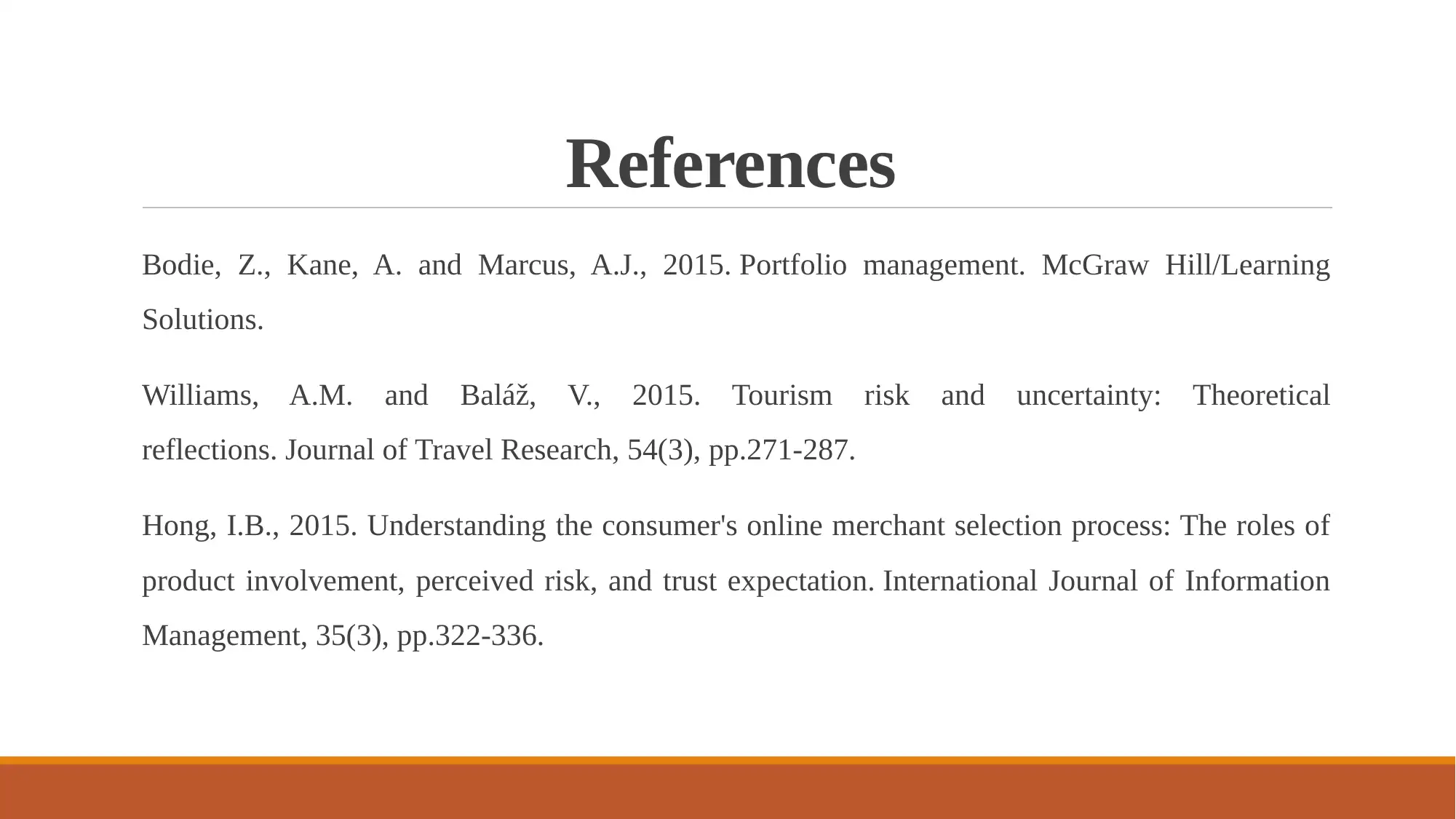
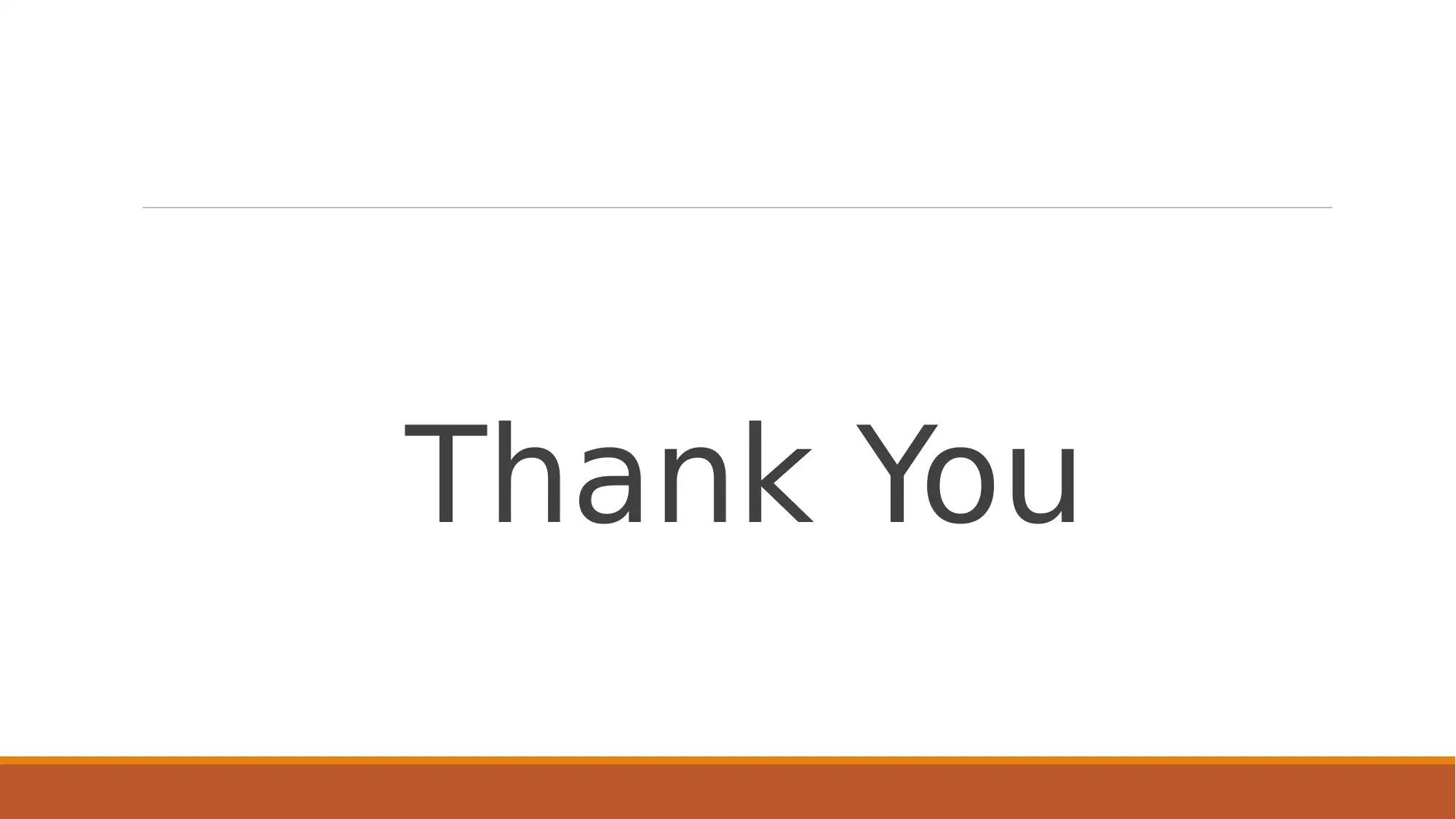






![[object Object]](/_next/static/media/star-bottom.7253800d.svg)